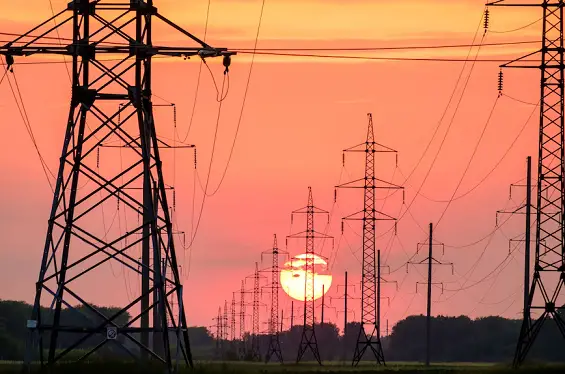As a cold snap enveloped the UK, Britain’s electric utility National Grid had requested that two coal-fired contingency plants remain prepared to activate their generators to supply additional electricity to the UK grid come Monday, to keep the lights on.
As snow fell in London, and temperatures plummeted, National Grid said in a statement, “We’ve issued a notification to warm two winter contingency coal units. This measure should give the public confidence in Monday’s energy supply.”
The utility added, “This notification is not confirmation that these units will be used on Monday, but that they will be available to the ESO, if required.”
The grid operator later updated the statement, noting it could “confirm that it has now stood down these coal units as there is adequate available contingency for this evening.”
Wind generators produced only 7.6% of the UK’s electricity needs Saturday, due to low wind speeds as the cold set in, according the National Grid ESO in a statement Sunday. According to the statement, 62% of the electrical consumption was produced by natural gas, 14.4% was produced by nuclear, 7.6% by wind, and biomass 4.9%, and coal supplied 3.9% on Saturday. The remainder came from hydro, solar, and non-renewable distributed generation.
Although the utility did not need to activate either of the contingency plants on Monday, this was the first instance in which the grid operator had placed those two units on standby since last summer, when the UK postponed the planned closures of several coal-fired plants, so they could be utilized in the event of a supply shortage due to the energy crisis.
Uniper had announced in September it would be keeping one unit at a UK coal plant available for operation for an additional six months after its scheduled date for closing in September, until March of 2023. The extension was precipitated by expected natural gas shortages amid the gas crisis produced by the cessation of Russian gas flows to Europe.
Uniper, the operator of the Ratcliffe on Soar coal power station in Nottinghamshire, had expected to close down one of four 500MW units at Ratcliffe in September of 2022, in an attempt to accelerate its own phase-out of coal-fired generation ahead of the official scheduled UK government phase-out of all coal generation in two years.
Now amid the energy crisis, coal-fired generation has gotten an extension of its utilization out of necessity.


